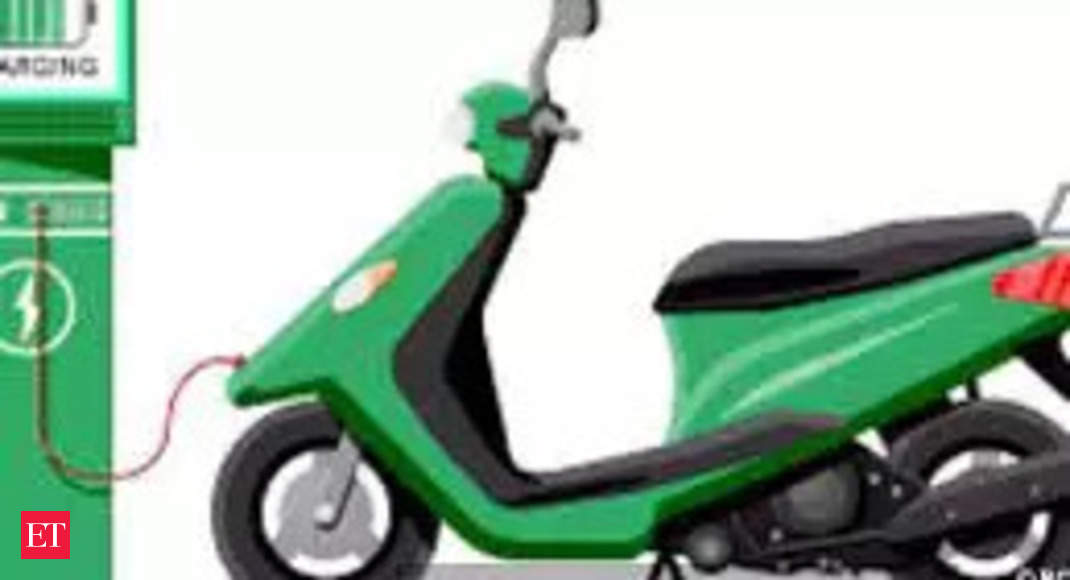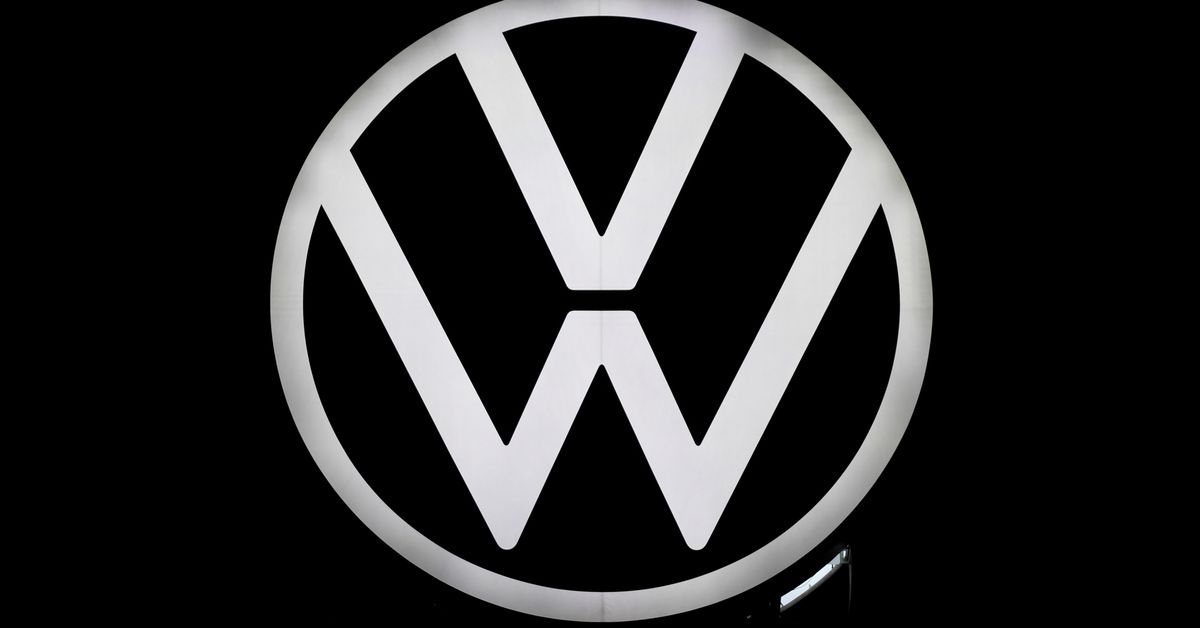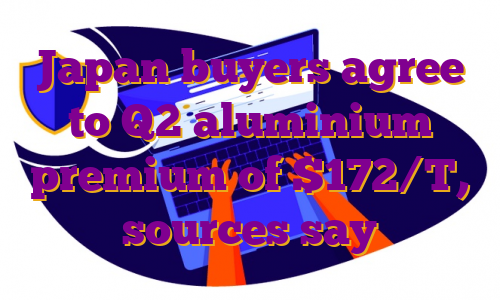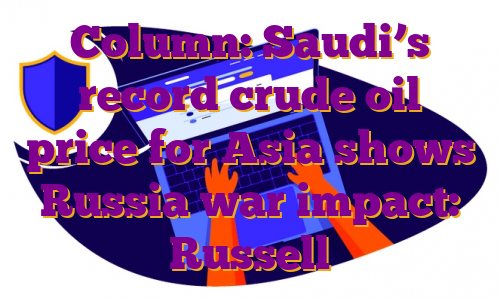The country’s largest two-wheeler maker Hero MotoCorp, which took the covers off its first electric scooter on Friday, will go global with its latest launch as early as next year, Hero MotoCorp chairman Pawan Munjal told Sharmistha Mukherjee in an interview. The company is priming markets in Europe, Latin America and Asia, he said, adding V1 is only the first of a bouquet of products and services planned under mother brand for emerging mobility business unit Vida for domestic and overseas markets. Edited excerpts:
Hero MotoCorp has launched its first electric scooter in a market where multiple startups and legacy players are present. How are you looking at differentiating yourself to take on competition?
Our focus has been to build the ecosystem that this industry needs right now and what the customers expect. The Vida V1 is a great product and the complete ecosystem including the package that comes with it makes it a winner. From the purchase experience to services and ownership experience to charging solutions, the Vida ecosystem will be a ‘worry-free’ experience for customers that will give us the edge.
Vida V1 is a premium product. Do you have plans for other categories of products?
Vida, not just Vida V1, is a premium brand. Vida has its own identity and it ensures peace of mind through the product, platform and services. Our aim is to provide customers an unparalleled experience. Vida will expand the EV category and once the volumes are much higher, we will look at other customer segments and cater to them through different products, even affordable ones, maybe.
You mentioned global expansion plans. What can we expect?
We are looking at introducing Vida V1 in some of the global markets very soon. Potential markets could be Bangladesh and Colombia, where we have joint ventures. We are also planning to go to mature markets in Europe and some markets in Latin America and Asia. Vida products, services and ecosystem have been designed for the global customer and to ensure that we are providing customers a globally-differentiated experience.
Do you have any plans of hiving off your emerging mobility business unit to attract funding for expansion in the future?
EMBU (emerging mobility business unit) works like a startup within Hero MotoCorp and is powered by Hero through its resources and ecosystem. Utilising the existing Hero ecosystem, the investments into Vida will be significantly lower than others. Also, our balance sheet can support Vida conveniently. We will see how things evolve in the future and accordingly evolve our plans.
.









